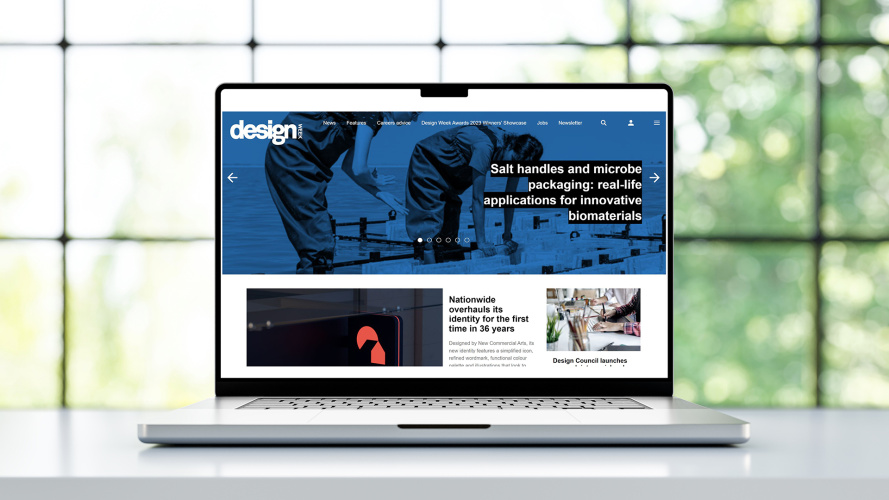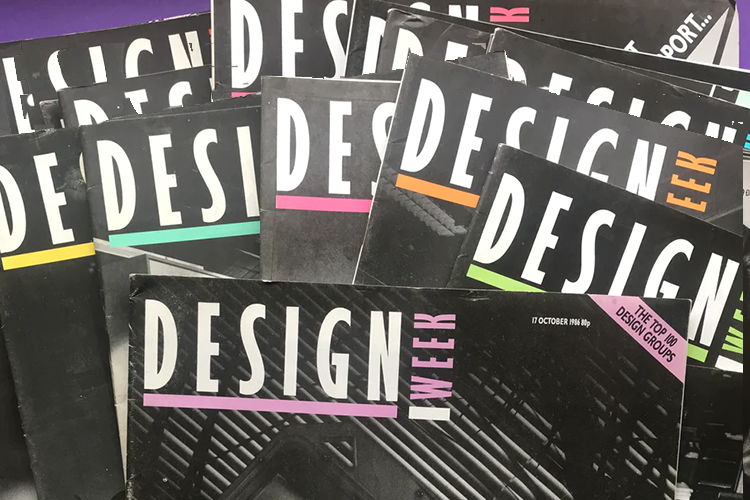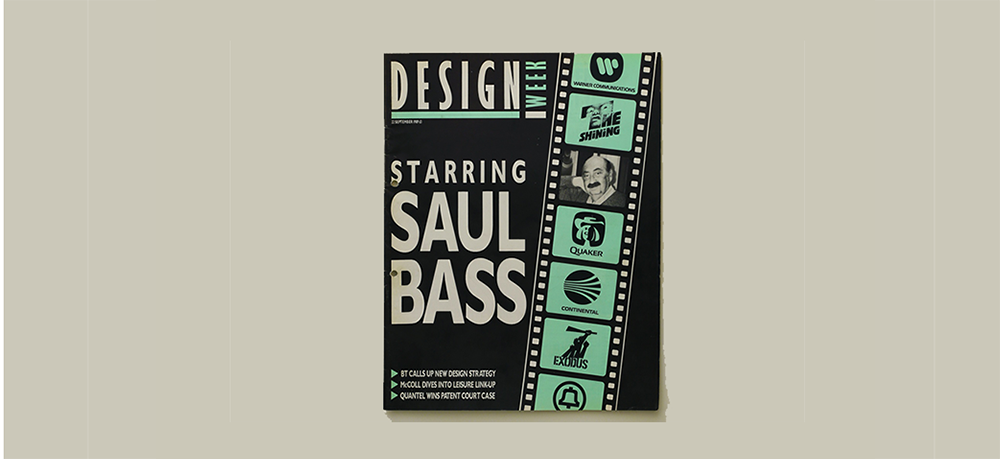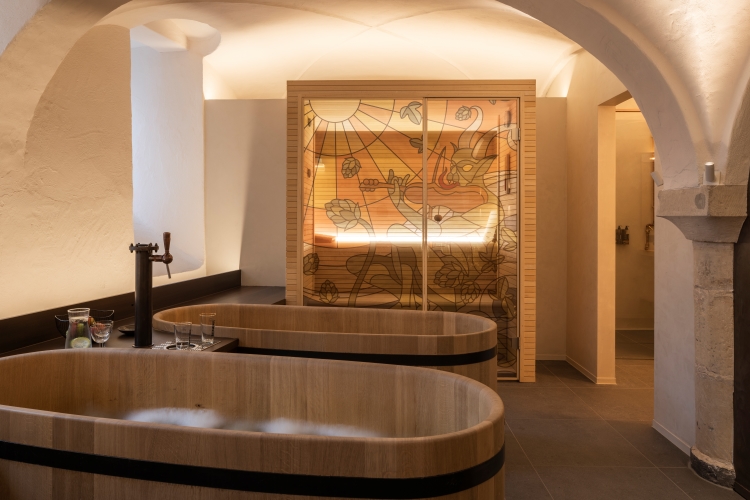Helen Hamlyn Design Awards 2023 shortlist revealed
Shortlisted projects include a low-cost heat management system for workers, and a browser plugin helping refugees navigate UK services.
The Helen Hamlyn Design Awards 2023 shortlist has been revealed, featuring a variety of inclusive design focused concepts spanning disciplines from service design for refugees to VR controllers tailored for older users with declining motor skills.
The Helen Hamlyn Centre for Design (HHCD) focuses on inclusive design and covers four separate research spaces: Age and Diversity, Healthcare, Design for Social Impact and Inclusive Design for Business Impact.
The awards look to celebrate the newest ideas in inclusive design and are open to all RCA MA/MRes students who graduated in 2023. The winners will be announced on 20 September 2023.
According to the HHCD, the criteria for the awards include demonstration of inclusivity and meaningful engagement, response to an opportunity or challenge, the involvement of people in the design process, and that it reflects on the project and how it can be improved.
The judging categories this year are the Snowdon Award for Disability, The Northumbrian Water Award for Inclusive Innovation and the Helen Hamlyn Award for Creativity, all of which carry a prize of £2000, and the Experience Haus Award which comprises a prize of £1000, paid by HHCD supplemented by a place on design education company Experience Haus’ workshops.
The shortlist of thirteen entries, with students from six different courses, ranging from MA Innovation Design Engineering to MA Visual Communication and tackling the breadth of the HHCD’s research areas.
Epicue by Orestis Neokleous, Selene Sari, Sebastian Tam, & Priyanshu Mukhopadhyay, all MA Innovation Design Engineering

Epicue is a low-cost, sweat-powered heat stress management solution designed for workers in hot environments. According to the team it is “tailored for those who are most vulnerable to heat, especially in high-heat workspaces”, while pointing to a statistic that says the global construction workforce of 280 million is 13 times more likely to die from heat illness than any other industry.
As global temperatures rise, the number is set to continue, but at present, the team say, “there is no widely accessible low-cost personal heat monitoring device for outdoor workers”.
Continuous epifluidic sweat monitoring gives real-time cues about workers’ heat stress levels through “universally recognisable shape-based semiotics”, allowing workers to take immediate action.
SpeakEase by Rajvi Shah & Avi Choukhany, MA Service Design

SpeakEase is an app designed to tackle two problems in healthcare: communicating pain with any accuracy and a historic lack of understanding and research into women-specific health problems, such as chronic pelvic pain.
“The subjective nature of pain, couple with exclusion, makes it challenging for women to articulate their pain and feel validated”, Shah and Choukhany explain. The app, from the two service design graduates is a digital tool that “humanises pain communication for patients”.
It uses features such as unique pain mapping with “intuitive use of textures, colours and intensity for precise pain expression”, and expressive metaphors to create “real and convenient pain descriptions for patients”. As well as enabling monitoring of symptoms through symptom and pain tracking tools, it looks to take a holistic approach, including recording of “health history, emotional impact and lifestyle changes”.
Context by Amruta Supate Claire Henery, Ivana Monson, Kasia Bruzda & Madison Cilluffo, all from MA Service Design

Context is a project designed to connect the Ukrainian refugee community with existing UK services, with intentions to scale the system to all refugees. It functions as a browser extension that helps “newly arrived families find information in culturally relevant terms”, says the team.
It was “co-designed, developed and validated with members of the Ukrainian refugee community”.
One of the problems Context looks to solve are the fact that services are “split in silos, disconnected and inefficient”, while its learnings also showed that advice “coming from lived experience is most trusted”.
In the prototype, users are able to tag confusing information found online and pose questions to a network of volunteers and experts with similar cultural backgrounds. The collected communications through these processes meanwhile, become “a growing repository of culturally relevant information, helping other refugees and providing valuable feedback”.

Also on the shortlist were: Anemo, a wind-based triboelectric nanogenerator, offering affordable and sustainable energy for IoT sensors for small-scale provision farming; Solodate, a platform designed for solo activities to address young adult loneliness; Freespeak, a language conversion service that utilises phonetic matching to bridge gaps between different languages.
We are in this Together looks to help disabled people navigate higher education with easy-to-use tools, and Gracious Studio, a B2B service for clothing designers to adapt their garments to customers of different abilities, ages and genders, with inclusive, UI that avoids “body tokenism”.

15% less addresses fabric waste generated during clothing production by weaving fabric in the shape of garment pattern pieces; Pleural, is an airway clearance device designed to help individuals suffering from airway mucus; InclusiVR creates VR controllers that are designed for those with declining fine motor skills; Channi is a robust, affordable and rapidly deployable water-based filtration system for capturing particulate matter from solid fuel stove emissions.
Banner image Viwipe.
-
Post a comment





